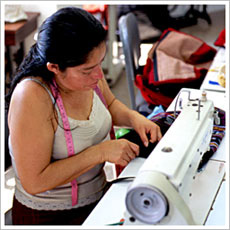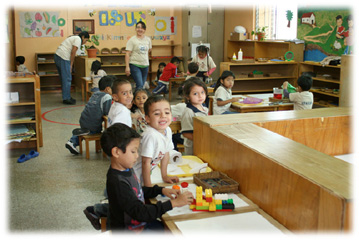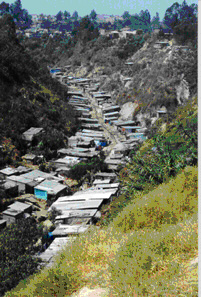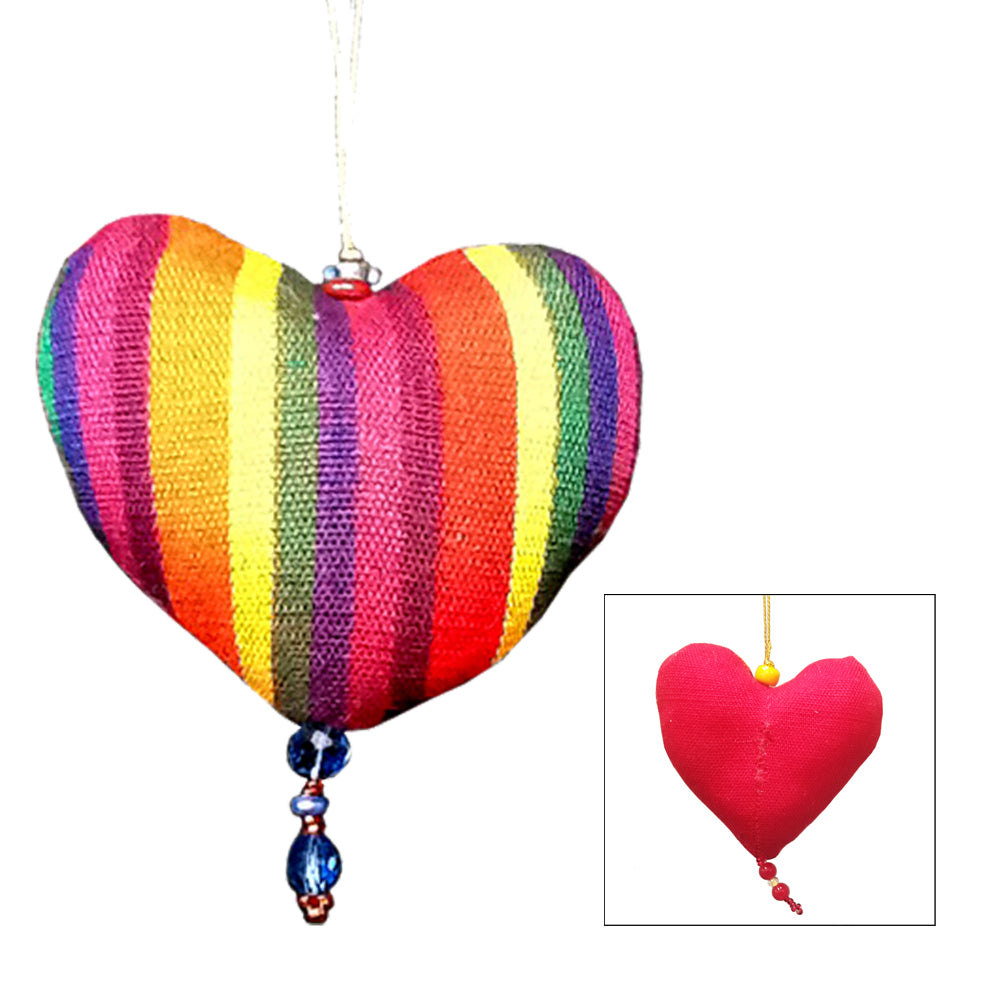OWP
Handwoven Striped Heart Ornament- Recycled Textiles-Fair Trade-Guatemala City
Handwoven Striped Heart Ornament- Recycled Textiles-Fair Trade-Guatemala City
Couldn't load pickup availability
These handmade plush cotton heart ornaments are woven using brightly striped recycled cloth. They are sure to bring the joy and happiness of the season to your home this holiday. I mean really, what is more adorable and loving than an overstuffed fat plush heart?
These cute cotton heart ornaments are handmade by women artisans from the UPAVIM cooperative on the outskirts of Guatemala City. UPAVIM, which stands for United for a Better Life, is an 80-member artisan enterprise helping women through social and economic empowerment. In addition to training women in creating various handmade textiles, UPAVIM has established a school, a pharmacy, and a bakery within their cooperative.
- Measures 2 7/8” high x 3” wide x 1 1/4” deep
- Comes in Many Guatemalan Traditional Fabrics
- Color Options are Red, Pink, and Blue
Handmade in Guatemala by UPAVIM and Fair Trade imported.
About the Artisans:
UPAVIM Crafts is a cooperative of women who live in marginalized communities on the outskirts of Guatemala City. The women in the organization are mothers, homemakers, and widows, and some have been abandoned by their families. Many of them are the sole breadwinners for their families. Unidas Para Vivir Mejor(United for A Better Life, or UPAVIM) was established in 1989 to create jobs for these women and to establish facilities for healthcare, education, and other social issues to benefit the community they lived in. Over the years, UPAVIM has grown from a small community health project to about an 80-member business cooperative. The organization employs teachers.... read more or click on About the Artisans.
Share
About the Artisans
About the Artisans

UPAVIM Crafts is a cooperative of women who live in marginalized communities on the outskirts of Guatemala City. The women in the organization are mothers, homemakers, widows and some have been abandoned by their families. Many of them are the sole bread winners for their families. Unidas Para Vivir Mejor(United for A Better Life, or UPAVIM) was established in 1989 to create jobs for these women and to establish facilities of health-care, education and other social issues to benefit the community they lived in. Over the years, UPAVIM has grown from a small community health project to about a 80 member business cooperative. The organization employs teachers, seamstresses, nurses, administrators, cooks, cleaners and secretaries each of whom is paid a fair wage and is linked to UPAVIM ‘s fair trade business.
Amongst some of the achievements, In 2002 the cooperative was awarded the best Non-traditional Textile Exporter award by AGEXPRONT, a national trade organization, also UPAVIM’s Montessori school was recognized by the Guatemalan government.

The main product line made by these women artisans includes bags, purses, wallets, aprons and holiday ornaments, most of these products are made from the traditionally woven Mayan textiles which are locally available. By procuring the traditional textiles, the organization also helps promote traditional weavers of the region and brings a local flavor and uniqueness to their products. This also cuts down the role of middlemen and creates a chain of fair wages and fair prices - from the weaver, to the seamstress, to the customer.
Apart from craft making, UPAVIM also initiated other small scale businesses which include a bakery, soy milk factory, and an internet center. The main aim was to increase the means of employment for the community members of La Esperanza, so that they can gain optimum benefits from the program.
 The cooperative is located in a squatter settlement called La Esperanza (Hope), where every day the communities faced various social challenges including gang violence, illiteracy, unemployment, malnutrition, alcoholism, child abuse and drug abuse. Even though the challenges for community growth in an area that receives little government attention may be high, but today after 2o odd years and initiatives by UPAVIM and the women, the conditions have changed for the better in this “City of Hope”.
The cooperative is located in a squatter settlement called La Esperanza (Hope), where every day the communities faced various social challenges including gang violence, illiteracy, unemployment, malnutrition, alcoholism, child abuse and drug abuse. Even though the challenges for community growth in an area that receives little government attention may be high, but today after 2o odd years and initiatives by UPAVIM and the women, the conditions have changed for the better in this “City of Hope”.
Dimensions
Dimensions
Care information
Care information




Subscribe to our emails
Subscribe to our mailing list for insider news, product launches, and more.




